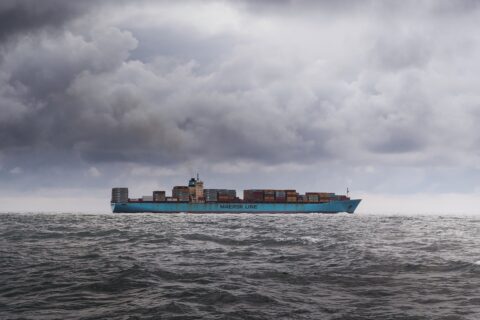
Freight consolidation is in demand as never before. Shippers must compete in a global economy and consumers expect ever-lower prices. As a result of the rise of Amazon and other e-commerce giants, many shippers are left out in the cold. If a company has low-volume shipments, it is less likely to make use of less than container or less than truckload, because this will dramatically increase freight costs. Some companies may not have the transport and freight forwarding resources available to big-box retailers and major organizations.
What is Freight Consolidation?
Freight consolidation sounds like a simple process. By combining smaller packages into larger packages, freight consolidation lowers shipping costs and speed. In addition to saving money, fast shipping is a result. Freight consolidation, on the other hand, is an additional step in the shipping process. It is complicated. The more points a package has to cross, the higher the risk of a failure. Freight consolidation at the right time in the shipping process lowers the package’s potential points of contact, lowering risk.
What Are The Advantages Of Shipping Consolidation?
Using Shipping Consolidation, Shippers May Benefit From combining the shipments allows carriers to move products from smaller-sized shipments to the next larger-load type, like consolidating small packages into LTL shipments and LTL shipments into full truckloads (FTs), lowering the cost to ship freight. Another advantage is that freight consolidation offers cost savings, but it also provides other advantages, including:
- Lower transport costs
- Better carrier–shipper relationships
- Faster transport
- Better control over shipment scheduling
Freight Deconsolidation
Breaking down freight expenses is a smart way to help retailers and manufacturers cut down on freight costs. By consolidating freight, firms can improve proximity to consumer demand and lessen overall freight expenditure. The deconsolidation of freight is a fundamental principle of physics. However, the risk is not always a menace to a business. It may be a smart idea to consolidate freight in the first place. To scale shipping without dramatically increasing shipping costs, companies may be able to scale shipping without scaling shipping costs by providing the opportunity to do so through multisite, multi-piece shipments made from consolidated shipments. Freight forwarders must de-consolidate the shipment into individual shipments at a chosen warehouse as part of the deconsolidation process.
ProConnect Integrated Logistics for your Business
ProConnect is a third party logistics company incorporated in 2015 to capture the Middle Eastern 3PL market with prime focus on achieving optimal efficiency and customer satisfaction.
Be it large volumes of cargo, or just a few kilos; be it air, sea or road freight – businesses across the world have entrusted their freight shipping to us. Our expertise over the years has helped many businesses grow across boundaries. In addition to shipping, we also undertake custom clearance, import and export trade help that you may have along with offering you value-added services.
If you are looking for a partner to take care of all your logistics hassles, talk to us today.





 APP DOWNLOAD
APP DOWNLOAD